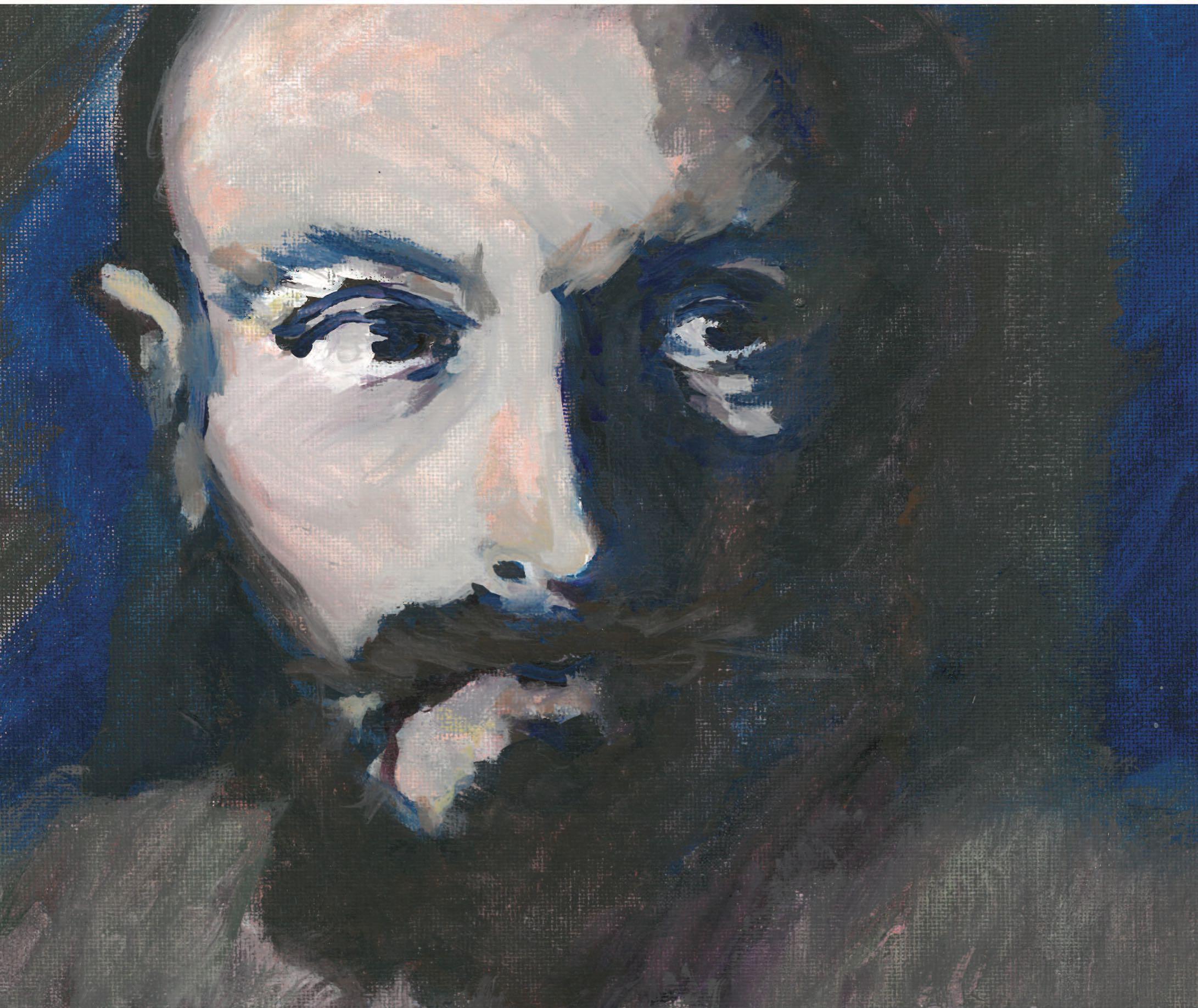M.M. Bakhtin (1895-1975)

Mikhail Mikhailovich Bakhtin (1895-1975) was a Russian philosopher, philologist, literary and cultural critic. He originated many new concepts, among which the most famous are ‘dialogism’, ‘carnival’, ‘chronotope’, and ‘the laughter of man’. But there is no consensus on whether he is a philosopher or a literary scholar, since he never wrote texts that dealt with ontology, epistemology, metaphysics, or other classical philosophical topics. During his lifetime, Bakhtin was known primarily as the author of two books, Problems of Dostoevsky’s Poetics (1929) and The Works of François Rabelais and the Popular Culture of the Middle Ages and the Renaissance (1965). For these books he was later nominated for the Lenin Prize, the highest state prize of the USSR. He did not win the prize but these two books eventually brought Bakhtin lifetime fame, both in the USSR and abroad. Although Bakhtin’s key works are devoted to the problems of fiction, the content of these works is much broader, which allows us to treat them as philosophical projects. In this respect, Bakhtin is rather like Nietzsche or Foucault, neither of whom were ‘classical’ philosophers, but who nevertheless had a major impact on philosophy.
So is Bakhtin a philosopher, or not? For me there is no doubt that he is, and to this I devoted my 2023 book Philosophy of M.M. Bakhtin: The Late Period. However, it’s not enough just to say that Bakhtin is a philosopher; one must point to the substance of his philosophy. What type of philosophy did he do?
This story is from the {{IssueName}} edition of {{MagazineName}}.
Start your 7-day Magzter GOLD free trial to access thousands of curated premium stories, and 9,500+ magazines and newspapers.
Already a subscriber ? Sign In
This story is from the {{IssueName}} edition of {{MagazineName}}.
Start your 7-day Magzter GOLD free trial to access thousands of curated premium stories, and 9,500+ magazines and newspapers.
Already a subscriber? Sign In

Affirmative Action for Androids
Jimmy Alfonso Licon asks, when should we prioritise android rights?

Welcome to the Civilization of the Liar's Paradox
Slavoj Žižek uncovers political paradoxes of lying.

The Importance of the Purple
Massimo Pigliucci looks for threads of integrity in a morally compromised world.

Ethics for the Age of AI
Mahmoud Khatami asks, can machines make good moral decisions?

Anand Vaidya (1976-2024)
Manjula Menon on the short but full career of a 'disciplinary trespasser'.

Studying Smarter with AI?
Max Gottschlich on sense and nonsense when using AI in academia.

Excusing God
Raymond Tallis highlights the problem of evil.

Stephen Fry
Perhaps unshockingly for someone who is an actor, broadcaster, comedian, director, narrator and writer, Stephen Fry has a deep interest in words and how we use them. After hearing him lecture on that subject, Marcel Steinbauer-Lewis asked him about Artificial Intelligence and how it connects with the extraordinary lure of language.

Is VR Meaningful Escapism?
Amir Haj-Bolouri enquires into possible meaning through technology.

What Simone de Beauvoir Got — And Didn't Get – About Motherhood
Nura Hossainzadeh argues that motherhood is both physical and transcendent.
